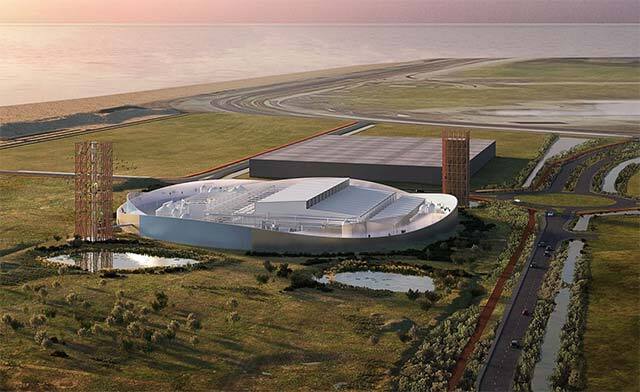Plans to construct Holland Hydrogen I in the Netherlands have been approved. This is after Shell made a final investment decision for the project.
The 200-megawatt electrolyzer facility will be situated in the Port of Rotterdam, the biggest seaport in Europe. It will be Europe’s largest renewable hydrogen plant according to the British multinational oil and gas company. Once completed and operational in 2015, the Holland Hydrogen I will produce up to 60,000 kilograms of renewable hydrogen daily.
Noteworthy, applications for hydrogen are numerous. In addition, it can be used in a variety of industries. There are numerous ways to produce it. First, through electrolysis. This is a technique that involves using an electric current to split water into oxygen and hydrogen. Moreover, some refer to this process as “green” or “renewable” hydrogen if the electricity used in it is generated by renewable resources like wind or solar.
Read Also: Construction Starts on Volkswagen’s 40GWh Battery Cell Gigafactory in Salzgitter, Germany
Future plans for the Holland Hydrogen I
According to Shell, the Hollandse Kust (noord) offshore wind farm, will provide clean energy for the electrolyzer at the Holland Hydrogen I. The 759 MW offshore wind farm is scheduled to be operational in 2023. The wind farm is partially owned by Shell.
Shell Energy and Chemicals Park Rotterdam will receive the hydrogen produced by the Holland Hydrogen I via the new HyTransPort hydrogen pipeline.
The plan is to “replace some of the grey hydrogen”—which is created using fossil fuels—used at the site with this renewable hydrogen. According to Shell, this will partially decarbonize the facility’s production of energy products like gasoline, diesel, and jet fuel.
Renewable hydrogen would “play a crucial part in the energy system of the future. Thus, Holland Hydrogen I is an important step in helping hydrogen fulfill that potential,” according to Anna Mascolo, executive vice president for emerging energy solutions at Shell.
In a plan with other largest hydrogen companies in the world, Shell wants to “become a net-zero emissions energy business” by the year 2050 in an update note it released ahead of the release of second-quarter results later this month.

Leave a Reply